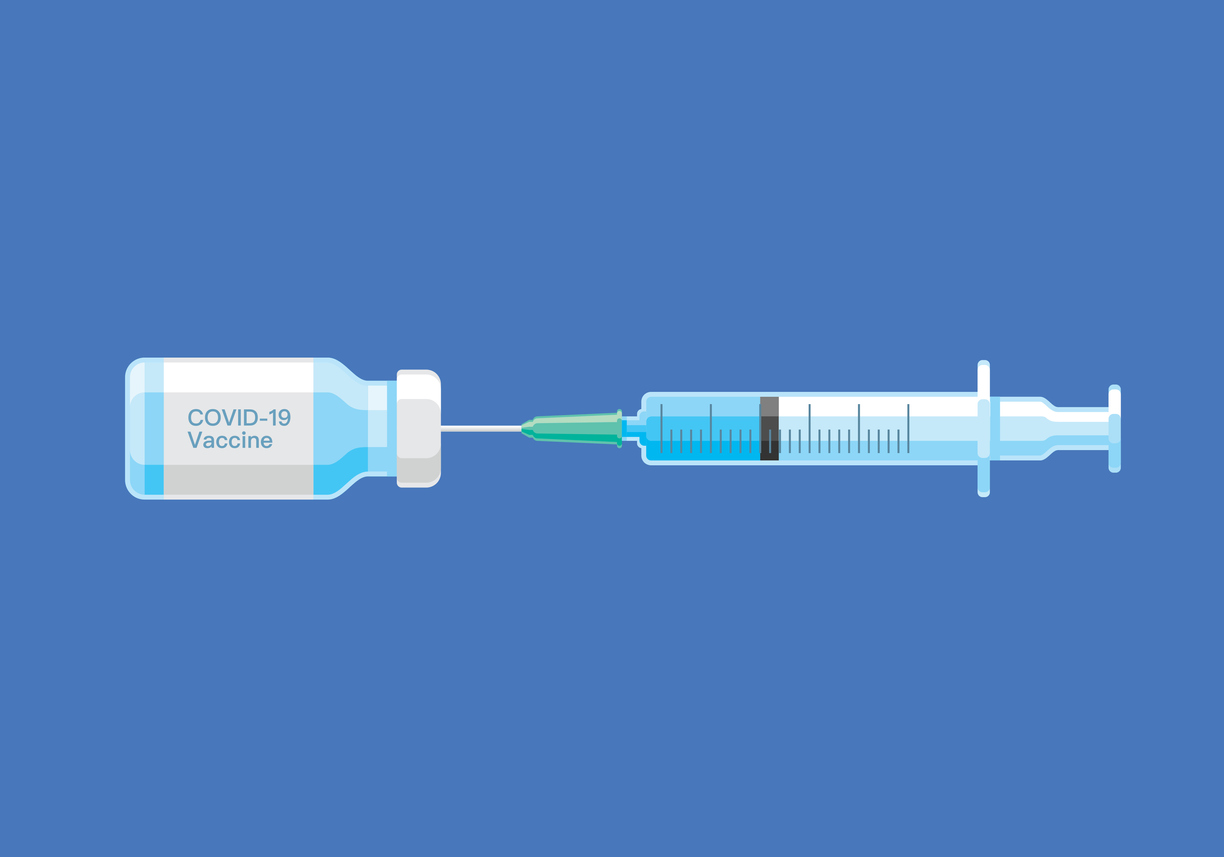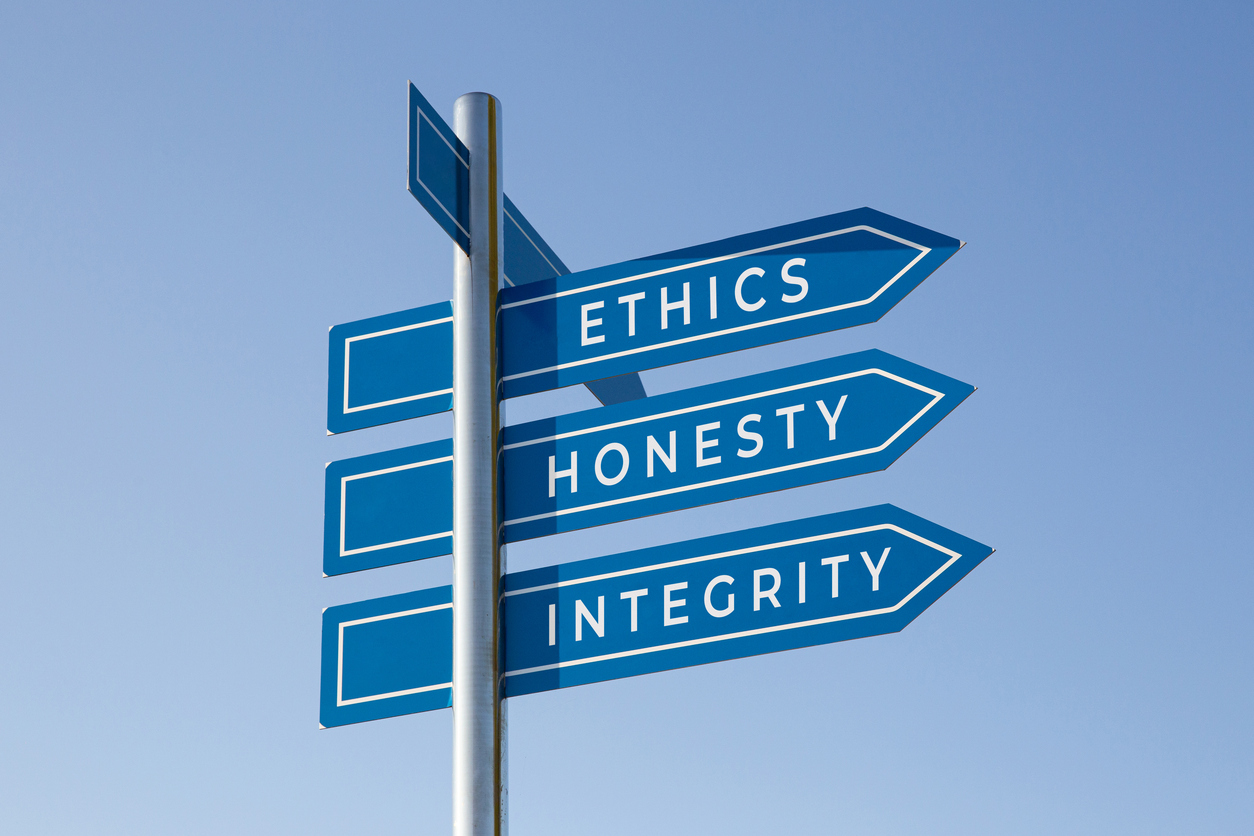
Written by
Lauren Brown
Lauren is an aPHR®-certified member of the Marketing team at Bernard Health. She writes about healthcare insights, employment law, and HR solutions.
What Employers Should Know about Workplace Coronavirus Vaccines

As the COVID-19 vaccine slowly rolls out across the country—and we continue to see record-high counts of COVID-19 cases—employers must consider how to proceed with vaccinating their workforces. From the legality of mandatory vaccinations to time off requests to obtain the vaccine, how can employers meet the needs of their teams to stay healthy?
What’s the Latest Vaccine News?
In mid-December, the FDA approved emergency use for the Pfizer-BioNTech COVID-19 Vaccine and the Moderna COVID-19 Vaccine. As states plan on how they’ll roll out the vaccine to different populations, the CDC has reported that over 29.3 million doses have been distributed, with over 10.2 million individuals having initiated their first dose at the time of publication. Meanwhile, the COVID-19 case count is reported at over 22.5 million cases in the United States according to the CDC at the time of publication.
According to research done by the Society of Human Resource Management (SHRM) in December 2020, 61 percent of employers surveyed intend to encourage, but not require, their employees to get the COVID-19 vaccination. Furthermore, 64 percent of U.S. workers surveyed by SHRM say they're likely to get the COVID-19 vaccination once it becomes available.
What Should Employers Consider For Workplace Vaccinations?
There’s a lot to consider when it comes to either requiring or just encouraging your employees to get the COVID-19 vaccine. Here are some logistic-related considerations for employers to keep in mind:
- Can you require vaccines? Yes, employers are allowed to require their employees to receive the vaccine with the exception of those who can refuse for religious or medical reasons. The Equal Employment Opportunity Commission (EEOC) released new guidelines for employers and employees about how a COVID-19 vaccinations interacts legally with the Americans with Disabilities Act (ADA), Title VII of the Civil Rights Act of 1964, and the Genetic Information Nondiscrimination Act (GINA). Find the guidelines, which include exceptions for employer-mandated vaccines under ADA and Title VII, here.
- Are you giving time off for vaccinations? Employees will likely have to wait in a line or sign up for appointments depending on how their state is rolling out vaccinations. If you are requiring employees to receive the vaccine, are you providing extra time off to do so? Will it be paid time off? If you’re not requiring vaccination, will you grant time off to employees who plan on making appointments during the work day to receive the vaccine?
- Who will pay for the vaccine? According to the CDC, vaccines will be available to the American people at no cost; however, vaccination providers will be able to charge an administration fee for giving the shot to someone. They also reported that vaccine providers can get this fee reimbursed by the patient’s public or private insurance company or, for uninsured patients, by the Health Resources and Services Administration’s Provider Relief Fund.
- Will you offer vaccines on-site? Much like the flu shot, employers may think about hosting COVID-19 vaccinations at their office to ensure everyone is able to receive it during a work day. According to the EEOC, pre-screening questions for the COVID-19 vaccine are likely to disclose information about a disability and are therefore subject to ADA standards for disability-related inquiries. Pre-screening questions may also elicit genetic information or family medical history. If so, then employers may want to request proof of vaccination instead of administering the vaccine themselves.
- After your workforce is vaccinated, what happens next? If you are requiring vaccination at your organization and have been operating remotely, will you plan to return to office, implement a hybrid schedule, or give your employees the choice to work remotely? Even after individuals have received two rounds of either COVID-19 vaccine, the CDC still advises everyone to wear a mask and keep socially distant while experts continue to evaluate the performance of the vaccine.

Written by
Lauren Brown
Lauren is an aPHR®-certified member of the Marketing team at Bernard Health. She writes about healthcare insights, employment law, and HR solutions.
Related Posts
Yes, you can use a health savings account, or HSA, for cosmetic surgery, but only in...
According to the KPMG 2023 CEO Outlook, 64% of business leaders believe there will be a...
Thomas J. Peters, best known for his book In Search of Excellence, once stated, “The day...
According to the Ethics and Compliance Initiative’s (ECI) 2023 Global Business Ethics...







Submit a Comment